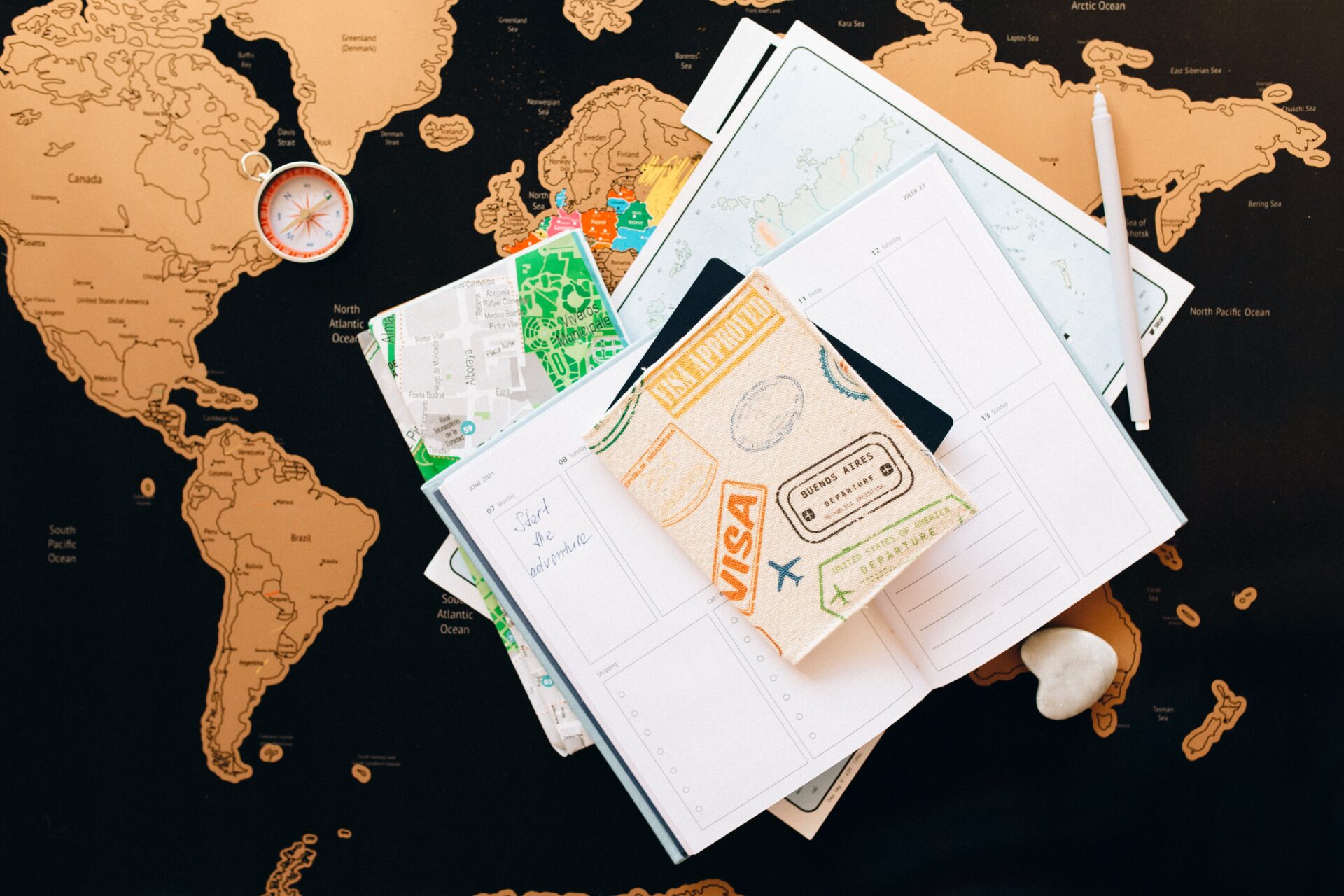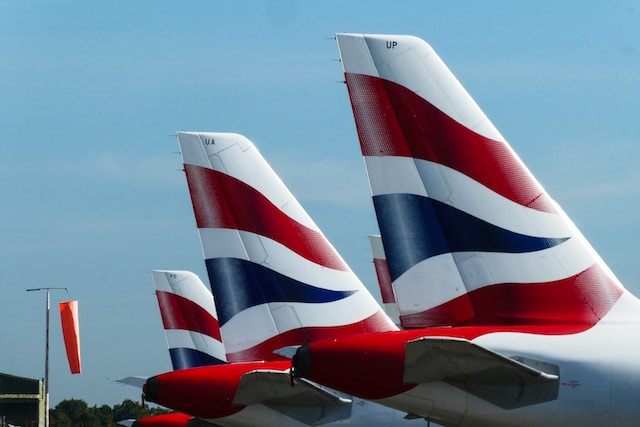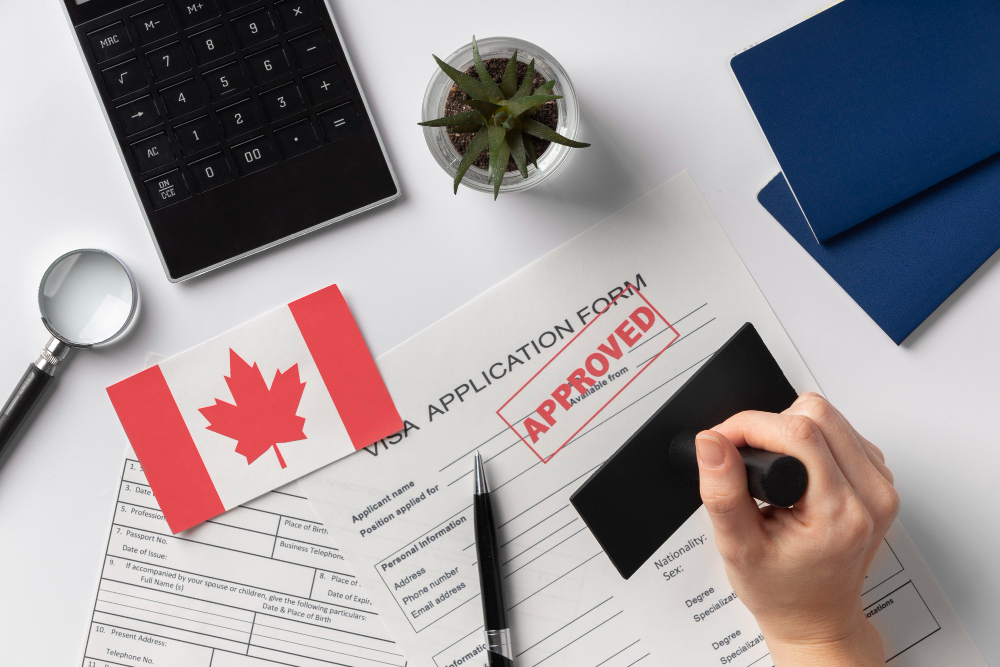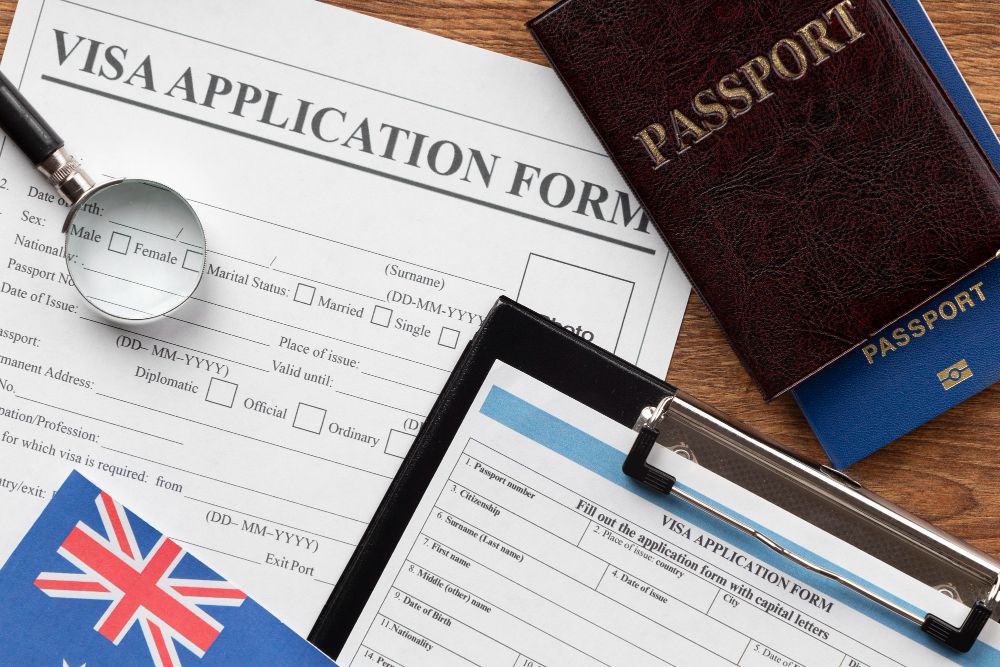The application process for visas can be daunting and is prone to confusion for applicants. A valid passport that extends for at least 6 months beyond your intended period of stay in the U.S. must also be presented when applying.
Candidates will also need to fill out Form DS-160 and provide basic information, including travel history, employment details and family members. In addition, visa fees must be paid and an interview scheduled at either an American embassy or consulate.
Visitor Visa Types
There are various visa types for entering the US. When selecting one to suit your circumstances, take into account your travel plans to identify which category best applies – e.g. if visiting for business rather than tourism purposes, different requirements apply;
Dependent upon the visa type, additional documentation or an interview may be necessary. Furthermore, your country may charge the United States an issuance fee to issue it in your name; although, generally speaking, we aim to eliminate them where possible and only charge these when they impose one on our citizens from another nation.
For most visitor visa applications to the United States, the primary requirement for approval is showing that your trip will only last a short time and that you are not seeking employment there. Your interview with a consular official should focus on assuring them that you do not attempt to extend your stay beyond what your visa allows and have plans and intentions to return home once your visit ends.
Application Form
If you need to enter the US for business, travel, temporary work, study or tourism purposes, Form DS-160 must be filled out. On its first page is where to submit the application.
The second page requires that you submit personal information, including your name, address, date of birth and gender. If accompanied by family or friends, their details must also be provided. Furthermore, employment status, current salary and bank information must all be disclosed – should any questions arise on how best to answer a particular query, it is advised to seek legal advice immediately.
The third page will ask you to provide details of your travel dates and purpose of trip. If you have an itinerary, bring it with. In addition, proof that you have financial resources necessary for supporting this trip should also be submitted – bank statements showing income deposits; letters from employers outlining position/remuneration/authorized vacation days etc; If immediate relatives reside within US borders you will also need to supply names/relationship information as well as current US visa statuses of such relatives.
Schedule Visa Appointment
As part of the Visa Waiver Program, all US visa applicants must schedule an in-person interview at an Embassy office before making an application. Appointments can be scheduled on their website between 14-79 years old; to allow ample time for processing purposes. If planning a trip to America it is advisable that plenty of time be set aside in your itinerary for processing of your application for visa processing.
At your visa interview, a consular officer will assess whether or not you qualify for the category of visa you’re requesting based on your purpose of travel and will also collect biometric information for your visit, which typically entails ink-free digital fingerprint scans and photo submission.
Before attending your interview, it is vital that you have all of the required documents with you. These include your valid passport, appointment letter from the National Visa Center (NVC), proof that you have ties back home such as job, family or property ownership as well as proof of financial resources for staying in the US. Without all the necessary documents in hand, they won’t issue you a visa!
Required Documentation
To secure a visa approval, it is necessary to present supporting documents. These could include an affidavit of support, evidence of income (monthly bank statements or FD slips, ownership of property etc), family ties (relationships, marriage certificates, birth and death certificates titles of homes and land etc), travel plans and budget (conference/contract letters if visiting for business, hotel reservations or boarding passes if traveling on vacation), health records and medical examination certificate from an embassy-approved physician etc.
Your passport must remain valid for at least six months post-entry into the United States unless exempt by country-specific agreements. If you have visited the United States on another visa than your current one, bring the old passport with you for interview purposes. Other important documents might include a letter from your employer that specifies your designation, salary, length of employment and vacation authorization period; proof of financial support like bank statements or FD slips; as well as documentation showing you will leave the US upon completion of your trip, such as court/criminal record (even if pardoned). You can check an approximate wait time by visiting your nearest embassy or consulate website.
Visa Interview Process
Your parents’ visa applications have been accepted by the National Visa Center (NVC), and an interview appointment notice from either an embassy or consulate will be sent out shortly thereafter. At their interview appointment notice they will meet with a consular officer who will review their travel plans, discuss home country ties and assess potential travel plans and financial commitments while being asked questions regarding job, family relationships and expenses in America as well as whether they plan on purchasing property or setting up business here. Your parents must be truthful during this meeting with a consular officer when answering these inquiries from an interview appointment notice sent from an embassy/consulate; to succeed successfully complete this stage they must provide honest and forthright answers when answering these inquiries about job, family relationships as well as what financial commitments exist between countries; when answering these queries they must answer accurately so questions regarding expenses if any possible or setting up property/business in US etc.
Your parents must present evidence that they have enough money for their trip. Bank statements, employment records and/or invitation letters from friends or relatives living in the US could serve as proof. Furthermore, they should present an itinerary detailing initial destination, accommodation arrangements and any further stops they plan to make along their travel path.
Arriving early at an embassy or consulate for interviews is highly advised as this will give them plenty of time to clear security checkpoints and have fingerprints taken before their interview is scheduled. Plus, arriving early will make finding their waiting area simpler.
Biometric Data Collection
Since 2004, the US Department of Homeland Security has collected biometric information from visa applicants and at ports of entry. This data consists of digital inkless fingerprints and photographs collected electronically and stored in SEVIS system that tracks nonimmigrants entering and leaving the U.S.
Data collection has increased processing time of visa applications due to matching photographs and fingerprints with applicants, but also has greatly enhanced identification accuracy and security. One result of this data collection is making it much harder for those in B-2 or WT status to enroll in degree programs while in the United States as doing so would violate their visa status and could have serious repercussions.
Applicants for visitor visas must present digital inkless fingerprints and photographs at their interview appointment. As per DS-160 requirements, photos must meet certain criteria and may benefit from having it taken professionally at a studio that specializes in taking them. Fingerprinting appointments usually occur two days or so prior to visiting the Consulate or Embassy for their interview appointment.
Visa Fees and Payment
Visa application fees are non-refundable and must be paid upfront when booking a visa interview. They cover the costs associated with accepting, adjudicating and issuing nonimmigrant visas; in certain categories additional reciprocity fees may also apply – for instance if the US charges Nigerian citizens $160 to visit, they in turn charge American travelers the same amount.
Additionally to paying the visa application fee, applicants must present a passport that is valid at least six months beyond their trip and contains at least one photo. Furthermore, proof of your ability to cover expenses associated with your trip – bank statements or income tax returns can serve as evidence; sponsorship letters from family or companies who will cover its cost can also be submitted.
Once your visa application has been submitted, a confirmation of payment receipt in the form of a CGI reference number or transaction number will be generated for every fee paid. You’ll need this reference number when scheduling and attending your visa interview; as well as when providing documentation such as photos and proof of travel.
Passport
The passport requirement is an essential component of applying for any type of visa; its exact requirements depend on which visa is sought. As a general guideline, applicants will require a passport which remains valid six months beyond their intended period of stay in the US.
As part of your visa application, it is also essential that you present an up-to-date and clear photo. In addition to that, bring a letter of invitation from the person or company inviting you into the US with you stating the purpose and relationship.
At your interview with a consular officer, they will ask various questions regarding your background and reason for traveling to the US. Their goal will be to verify that your strong ties with home country remain strong as you intend to return when completed with travels; additionally they will ensure you possess sufficient funds to fund their trip.
Your employer or immigration authorities may request documentation proving your ability to support yourself during your time in the U.S.; additionally, travel plans and evidence of ties back home will need to be presented as well as any necessary proofs.
DS-160
The DS-160 nonimmigrant visa application must be submitted online before scheduling an interview at an American Embassy or Consulate. You’ll be required to provide personal and travel history information, along with uploading a photograph that meets certain guidelines and requirements. Throughout this process you will answer yes or no to 25 security and background-related questions as part of the DS-160 process.
To use the DS-160 system, the initial step should be selecting an interview location; you can change this later if necessary; once selected, a link and bar code will be given; it is imperative that these be brought with your passport or any necessary forms to your interview appointment.
To complete the DS-160 form successfully, it is essential that you possess certain basic documents, including a valid passport that remains valid at least 6 months from your travel date, proof of financial means such as bank statements or income tax returns, or other evidence of being financially supported during your time spent in the United States, and an invitation letter from family or friends in America which demonstrates why and confirms your visit intention.







